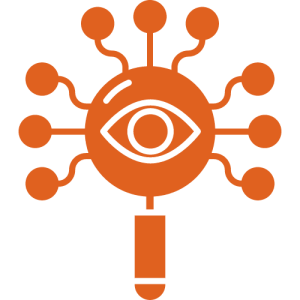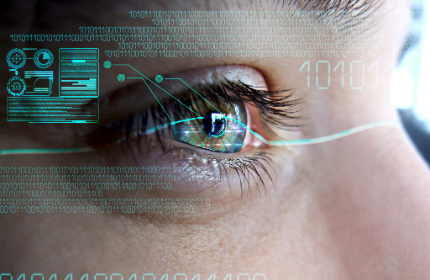Biometric verification is becoming part of the global health toolkit – Biometric Update

Use cases for biometrics and digital ID in digital healthcare systems continue to proliferate globally. Indonesian healthcare authorities have deployed facial recognition to improve efficiency and prevent identity theft. Kenyan hospitals will soon require biometric verification for patients. And the Philippines has launched an e-health platform as part of its digital transformation campaign.
FRT helps fight fraud, reduce lineups in Indonesia
In Jakarta, Indonesia, the BPJS Kesehatan – the social security administrator for health – has launched a facial recognition system called FRISTA. In reporting from the Antara news agency, President Director of BPJS Kesehatan Ghufron Mukti says the technology has the potential to prevent identity theft and protect user access to data.
With facial recognition technology, “the identity verification process can be faster and more accurate, thus reducing queues and minimizing errors,” Mukti says. FRISTA, which can accurately recognize faces in photos, videos, and in person, also enables the use of a single biometric identity number as an alternative to National Health Insurance (JKN) cards.
The system draws on photos from the directorate general’s database for facial recognition matches. It will be integrated into JKN nationwide.
Philippines digital health platform linked to national ID
In Pasig City, officials from health and information technology agencies are celebrating the launch of the Digital Transformation Systems ePhilhealth platform, according to a report from ABS-CBN News.
The Department of Information and Communications Technology (DICT) has been steadily integrating government services into the eGovPH app, which uses Single-Sign-On (SSO) APIs linked to the new national digital ID to streamline secure access to government services.
Philippine President Ferdinand Marcos Jr. has laid out a plan for accelerated digitalization. PhilHealth CEO Emmanuel Ledesma Jr. says the integration of PhilHealth services into the eGovPH app is “a great leap towards realizing the vision set forth by our President Ferdinand ‘Bongbong’ Marcos Jr. in the State of the Nation directive of 2023 expediting digitalization efforts towards better public service delivery.”
Cybersecurity has also been flagged as a priority issue, given the increase in data breaches and threats to personal information.
Kenyans need to register biometrics with health authority
There will be no more National Health Insurance Fund (NHIF) cards for Kenyans come October, as the government moves to a single card system that will require patients to have their biometrics pre-registered and verified to access hospitals. Kenyans.co.ke reports that verification has been available at select NHIF offices as of July 1, and a plan is afoot to distribute biometric devices to Community Health Promoters.
Daniel Mwai, an advisor on health financing to President William Ruto, says “once you go to the hospital with your ID card, the facility will already be known and the charge will be removed from your card. The biometrics will uniquely identify you.” Mwai says this biometric single source of truth will enable patient verification that centralizes records and preferences for improved services, and hopefully stems the tide of health insurance fraud.
Article Topics
biometrics | facial recognition | healthcare | identity management | Indonesia | Kenya | national ID | patient identification | Philippines
This post was originally published on 3rd party site mentioned in the title of this site







